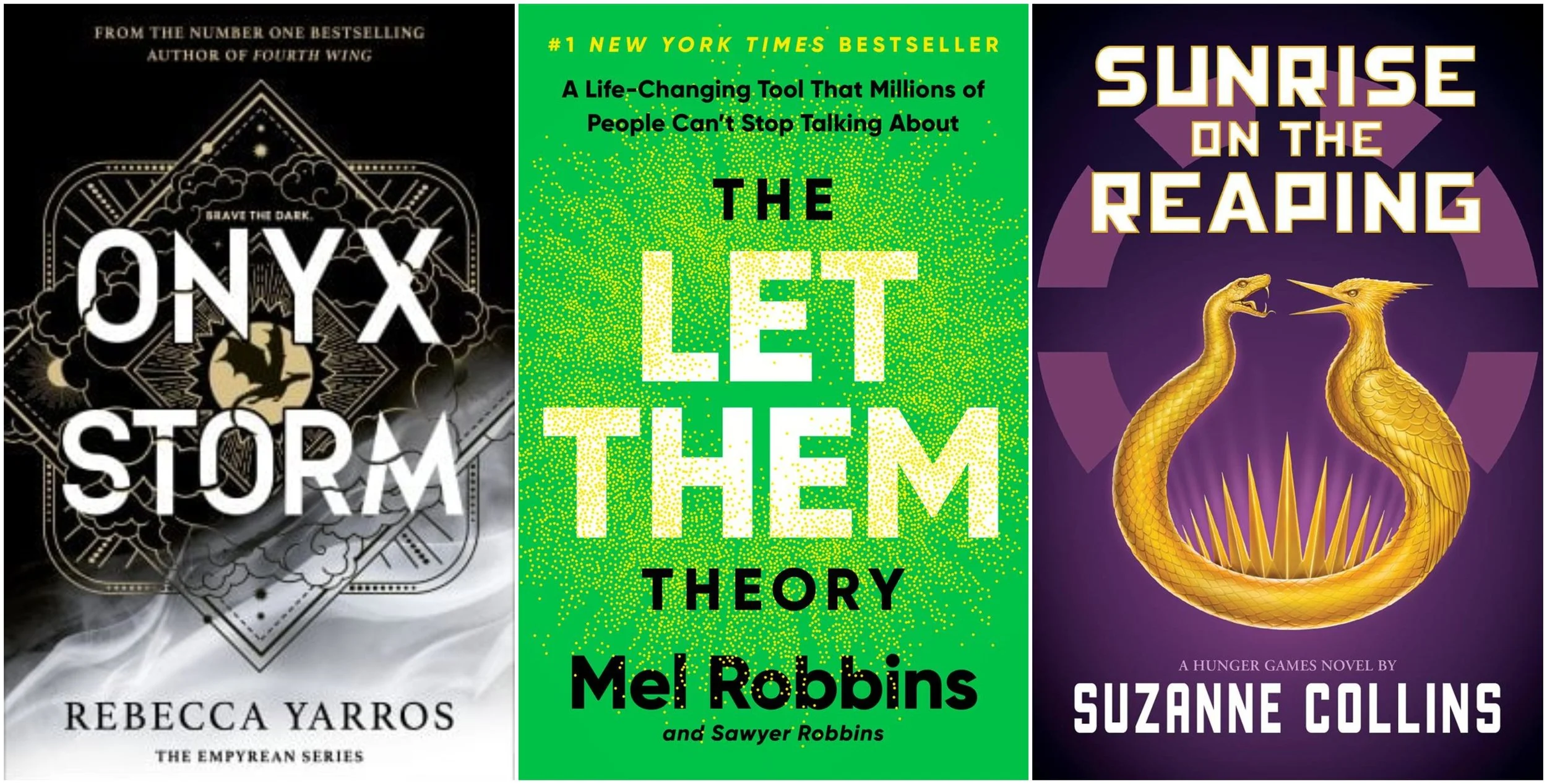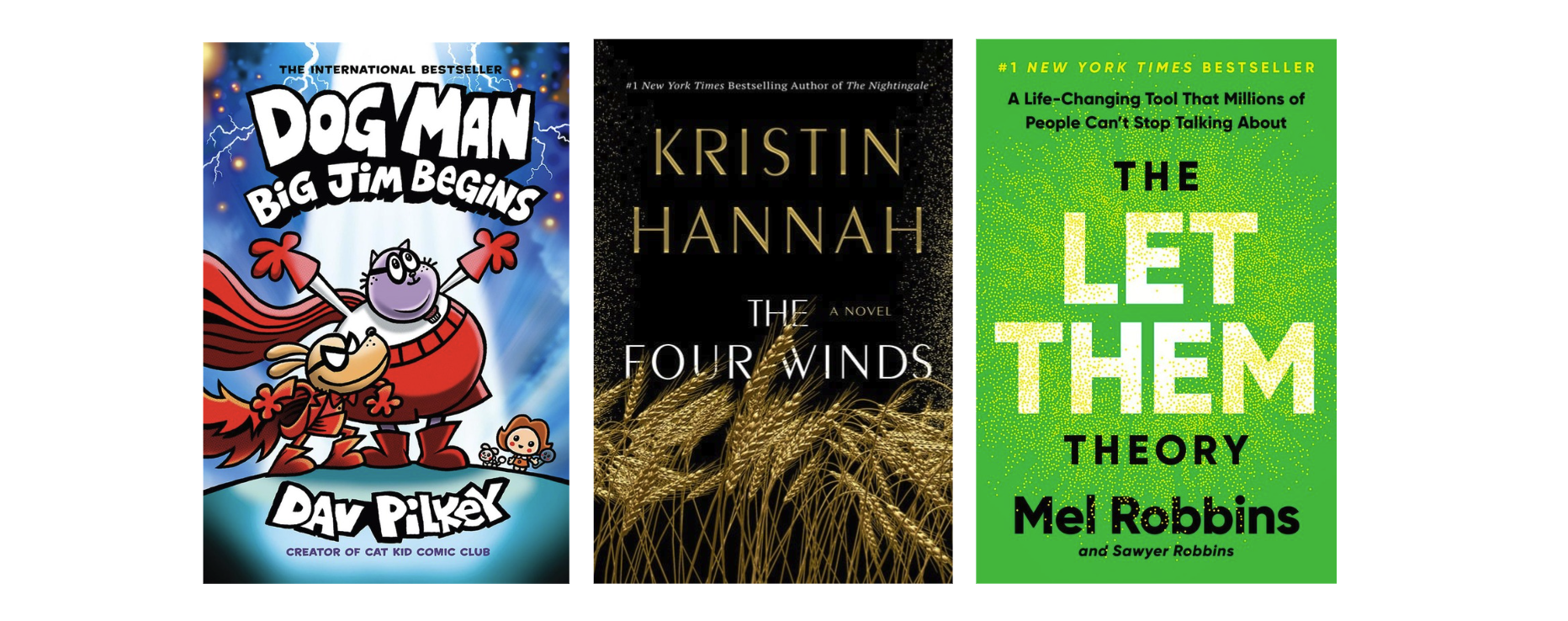Much like The Proust Questionnaire, The ONIX Questionnaire is BookNet Canada’s attempt to reveal the true nature of the data enthusiast’s beliefs and actions. Today we’re diving into the inner metadata psyches of the House of Anansi & Groundwood Books' Director, Cross-Media Group, Laura Brady and Data Administrator, Eulalee Lumsden.
House of Anansi and Groundwood Books have embarked on a project to work out the kinks in their metadata pipeline, and the results are in: BookNet Canada’s ONIX 3.0 transition team has identified their 3.0 data as ”best in class.” Read on to learn why that is and what else makes their metadata minds tick.
Do you approach 2.1 differently than 3.0? If so, how?
Our approach to ONIX 3.0 metadata is not all that different from ONIX 2.1 metadata. We use a third-party system that allows for a fairly seamless export of both ONIX 2.1 and ONIX 3.0. Since many retailers only accept ONIX 2.1, we keep both ONIX 2.1 and ONIX 3.0 metadata within the same system, which allows us to pick which ONIX to export.
Do you have a favourite ONIX 3.0 block?
The efficiency of the <productsupply> block is great. It allows for more detailed metadata regarding suppliers, markets, prices, etc., while giving the receiver of the ONIX a clearer view of the information with clearer language.
What’s the relationship between your keywords and subjects? Do you design them to work together?
The keywords are designed to supplement the BISAC codes and the long description, in addition to tapping into the zeitgeist. Our keywords won’t repeat what’s already in either of those areas of our metadata. A full set of keywords includes words and phrases in several buckets, which vary by publisher. We consider them dynamic to some extent, as well. So, in the case of the 2009 book Soap and Water & Common Sense, for example, the keywords were updated to include things like “coronavirus”, “pandemic”, and “Fauci”.
Which composite(s) or block(s) do you wish retailers were supporting?
It would be great to see the use of the “collection” element. I think it would be beneficial for discoverability and user searches.
What are the key steps in your metadata workflow?
As mentioned earlier, we use a third-party system to enter new title information and update existing title records. For print titles, we export both ONIX 2.1 and ONIX 3.0 files and proceed to validate both files. Since ONIX 3.0 is more extensive, we validate our ONIX 3.0 file first to see if there are any major errors or discrepancies. Sometimes the ONIX 3.0 validation will show us an error that the ONIX 2.1 validation does not, but in this case, we ensure that both ONIX files are corrected.
What is your process for making updates?
We try to stick to a weekly update schedule. This helps to streamline our updating process and allows necessary changes to be made ahead of time. Some weeks can be busier in terms of data changes than others and having a set amount of time to work through the changes makes it so that we’re not always running through ONIX files.
What “kinks” did you identify in your metadata process? How did you work them out?
As we have a pretty generous catalogue of titles, there are times when backlist titles will get flagged for metadata inconsistencies by in-house staff or during the ONIX 3.0 validation process. This sometimes results in creating projects to specifically target backlist titles and improve or update specific areas of our metadata. The cleanup process is ongoing, but once we get to a place where our data is consistent across the board, the workflow will be much smoother with ONIX 3.0.
Which resources do you refer to when you’re looking for guidance?
Our main resources are BISG, EDItEUR, and BookNet. We’re typically able to find solutions fairly quickly.
What needs to happen before you can add accessibility information into ONIX?
Nothing except to build it into our workflow. We’re already using accessibility metadata (schema.org) in our ebooks; we just need to expand that to our ONIX feeds as well.
What does “best in class” metadata mean to you?
“Best in class” is going beyond “good enough,” which is what many retailers think about ONIX 2.1. Taking the necessary steps toward ONIX 3.0 will allow publishers and retailers to provide the most efficient metadata available. But more than that, “best in class” means continuously working to make metadata more accessible to everyone who uses it. The overall language of ONIX 3.0 makes data interpretation more consistent and efficient for everyone.
If you’re a Canadian data provider transitioning to ONIX 3.0, BookNet has a wide number of resources available, including online biweekly group sessions in which BookNet Canada’s Bibliographic Manager, Tom Richardson, and Operations Director, Lauren Stewart discuss issues related to the transition, identify compelling resources, and tackle your burning questions. Register for those sessions here.















Insights into romance trends and the performance of Heated Rivalry.